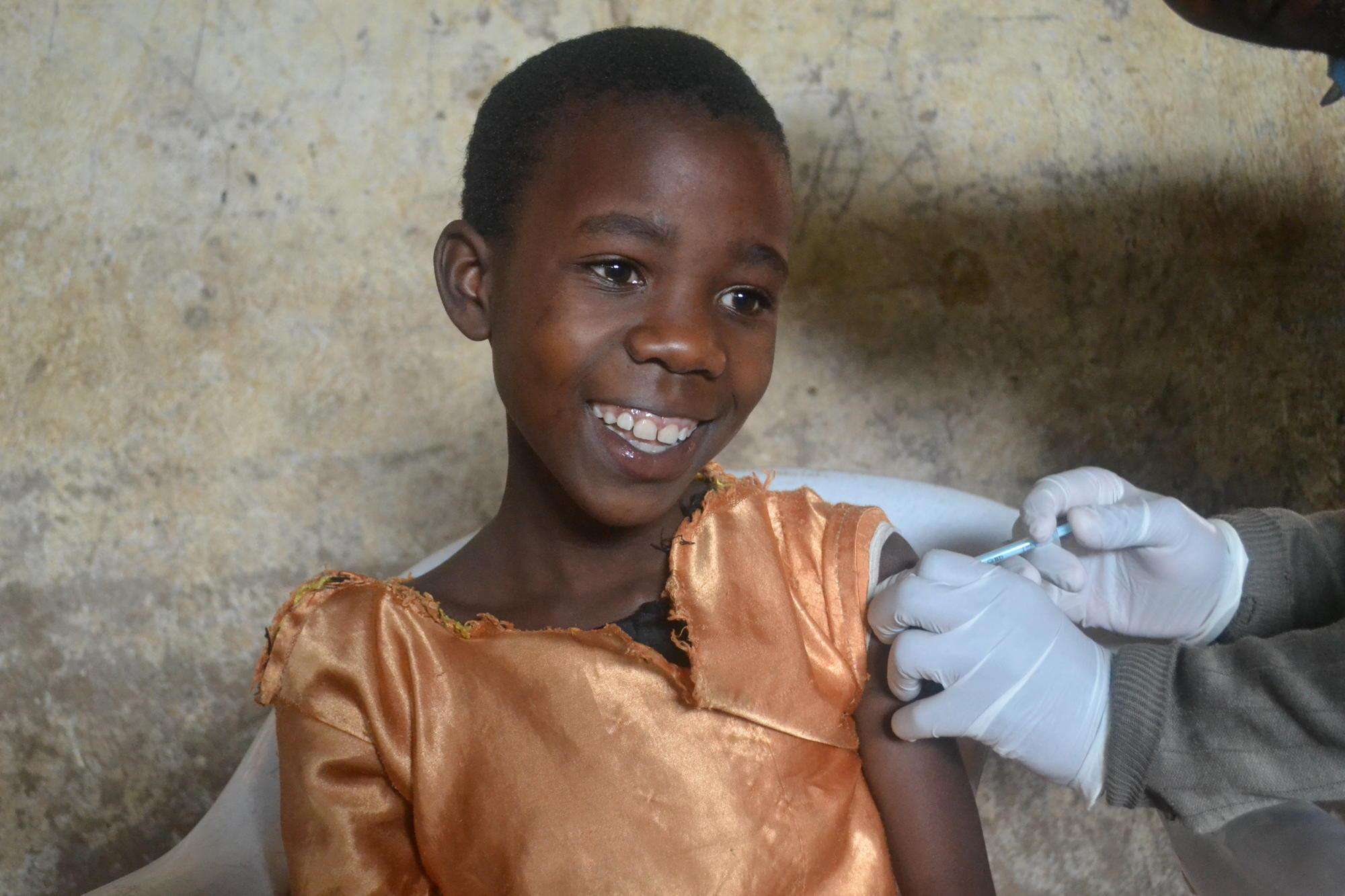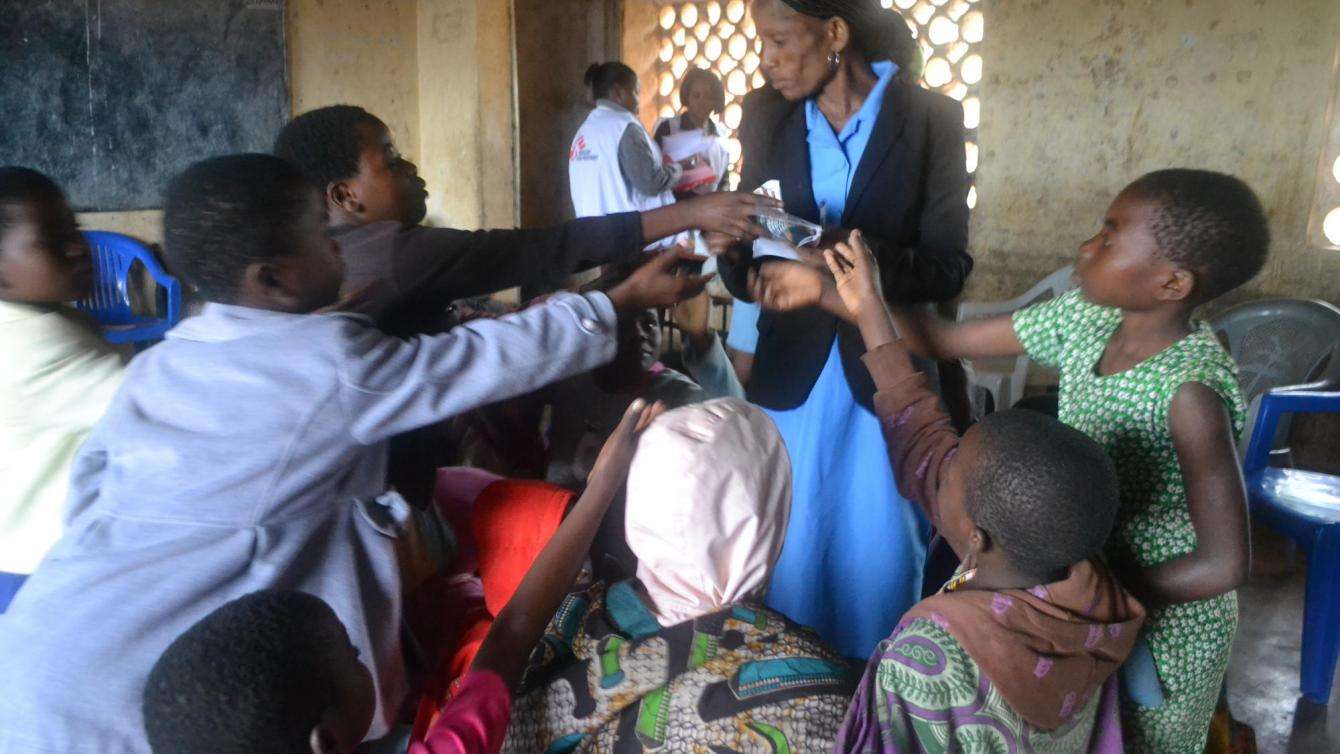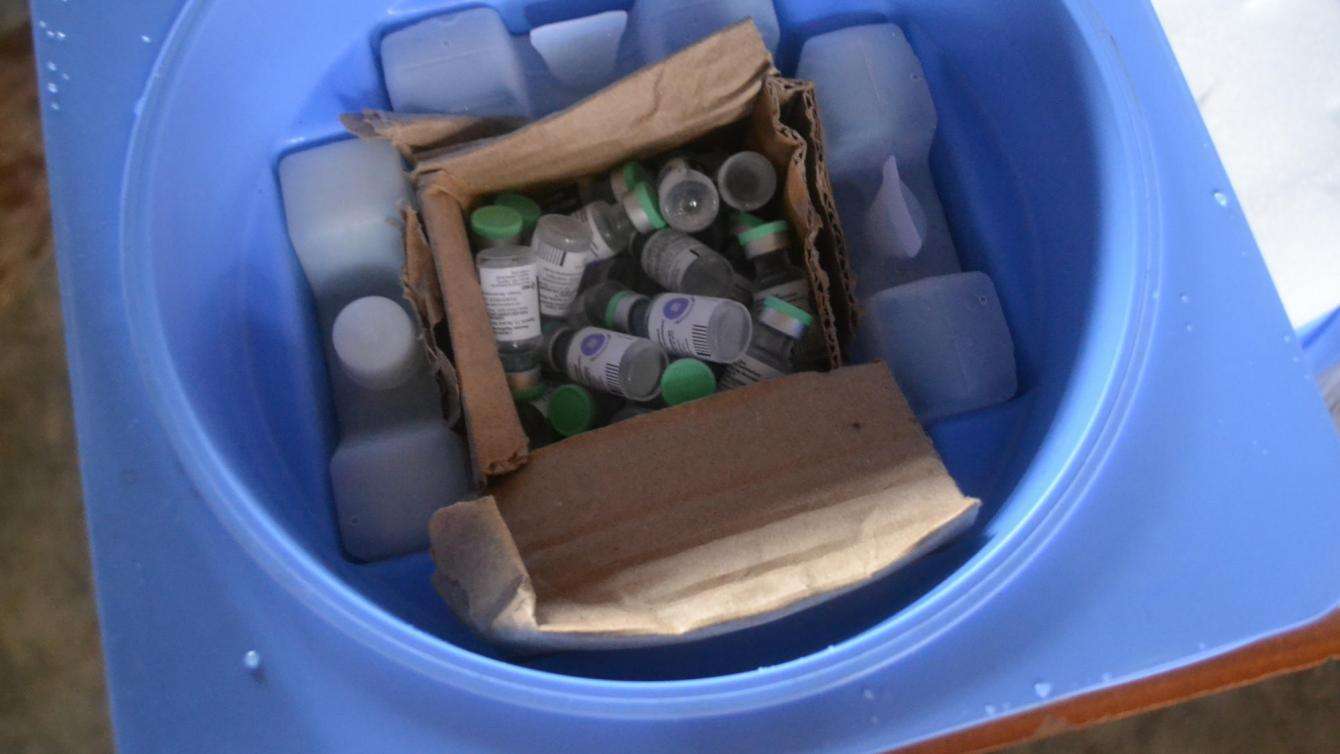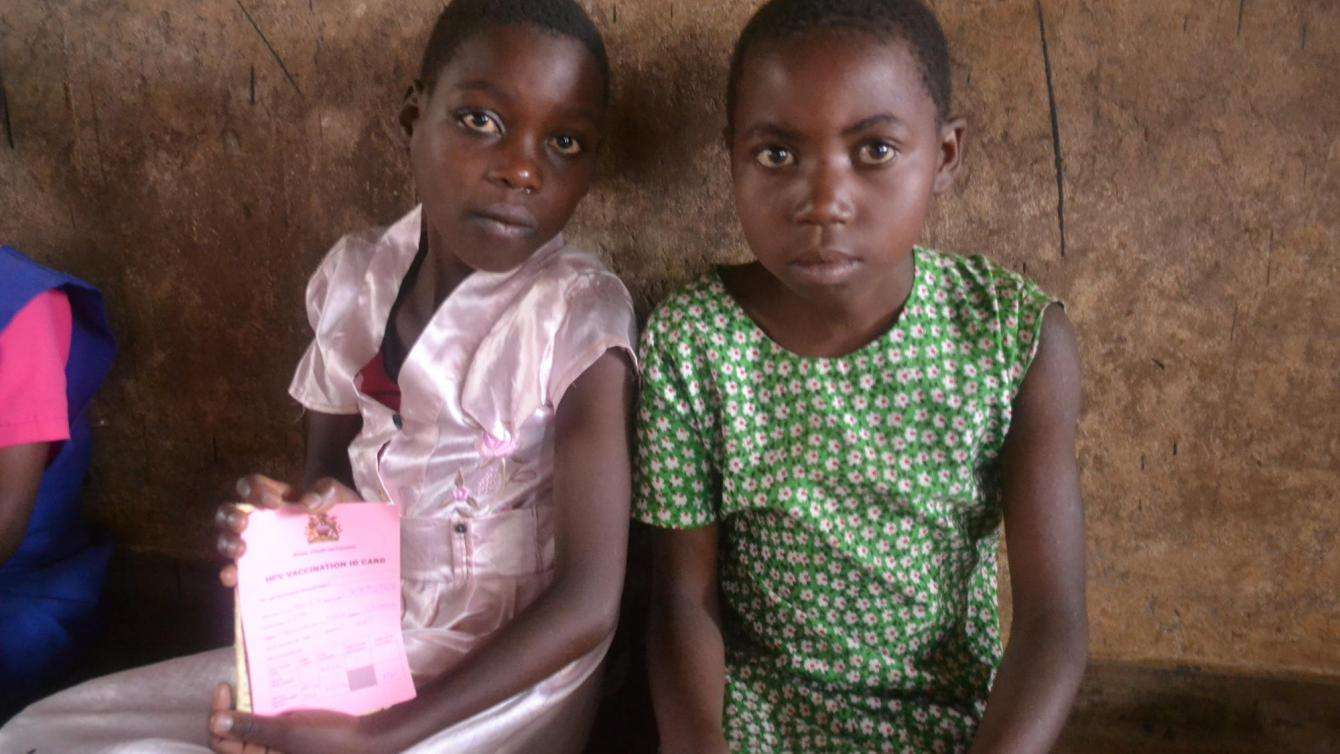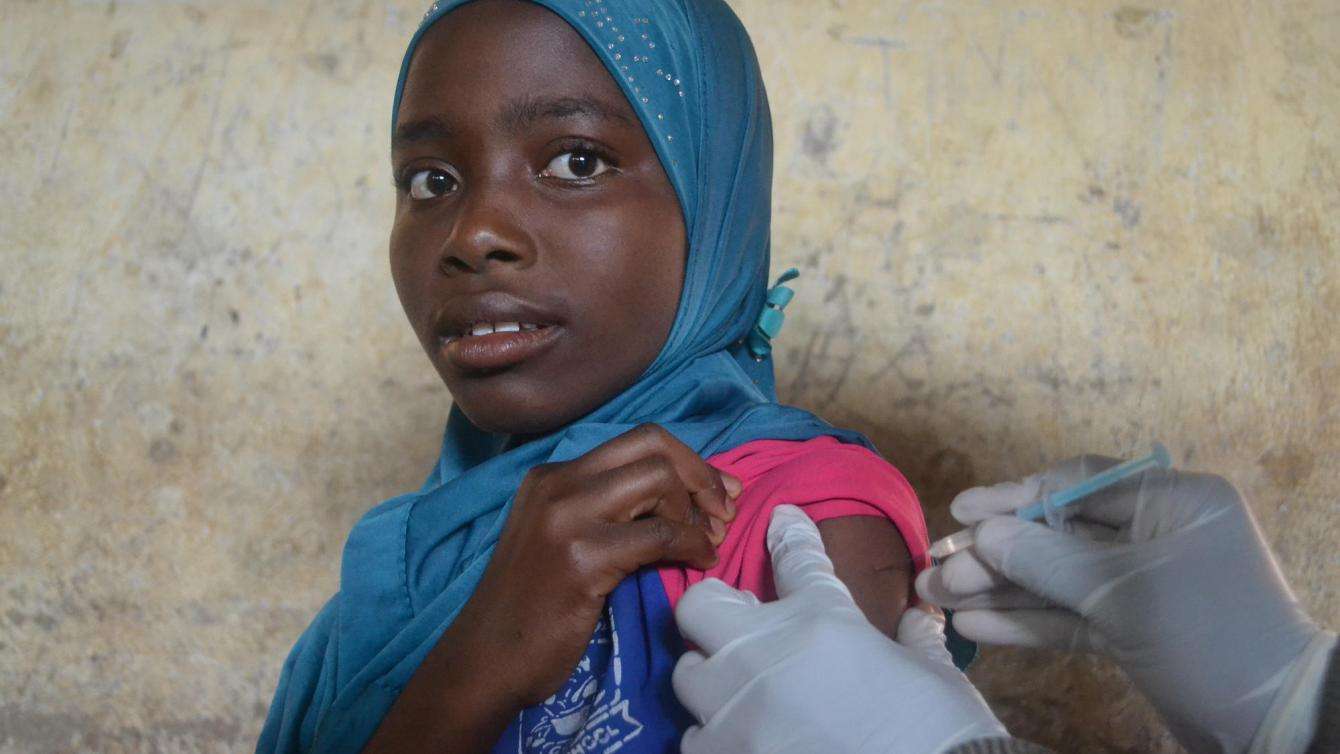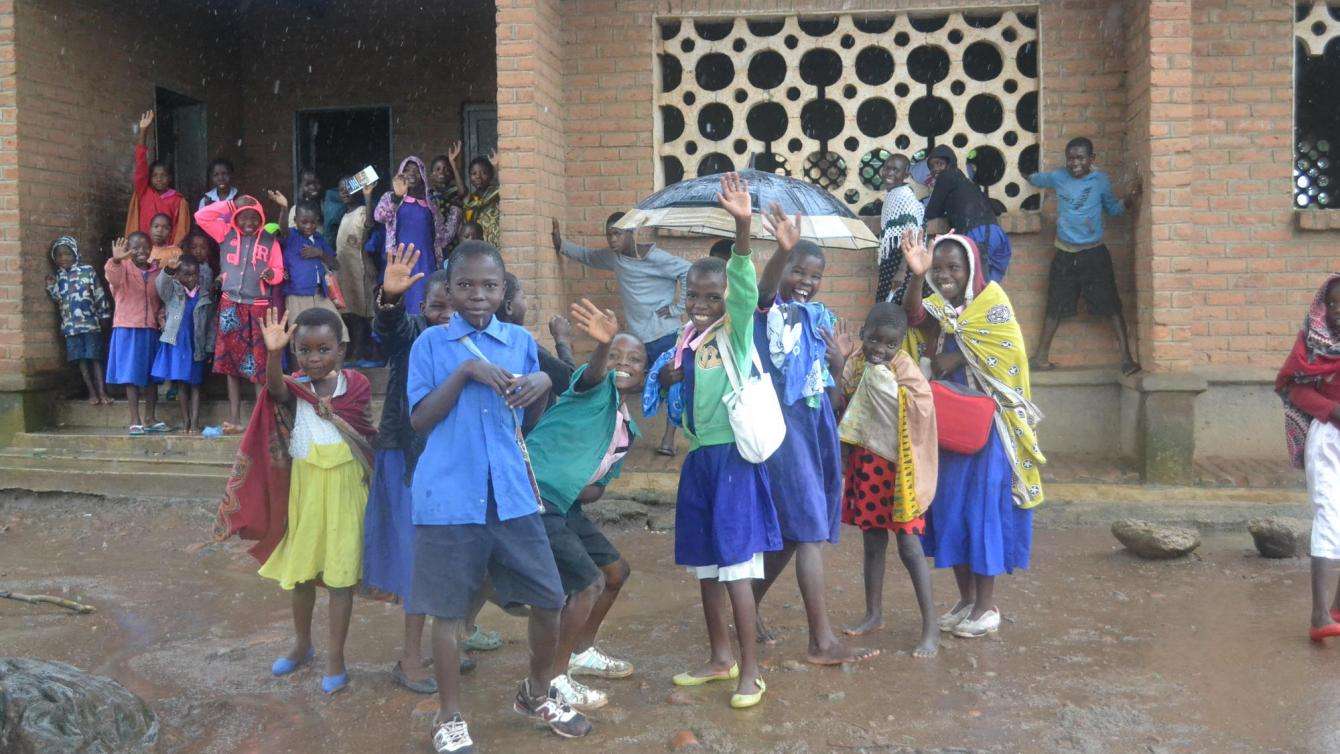At the end of January 2020, Doctors Without Borders/Médecins Sans Frontières (MSF) vaccinated 8,500 nine-year-old girls against the human papillomavirus (HPV) in Chiradzulu district, Malawi, in collaboration with the Ministry of Health (MoH). Teams reached out to girls in 100 schools in 17 health centers over the course of eight days.
In Chiradzulu, cervical cancer accounts for 40 percent of all cancers diagnosed in women. By ensuring HPV vaccination for girls in rural and isolated areas, MSF is helping to reduce the number of lives that could be lost to cervical cancer.
Cervical cancer is largely preventable but is fatal for a disproportionate number of women in low- and middle-income countries. In sub-Saharan Africa, cervical cancer is the leading cause of cancer-related deaths among women.
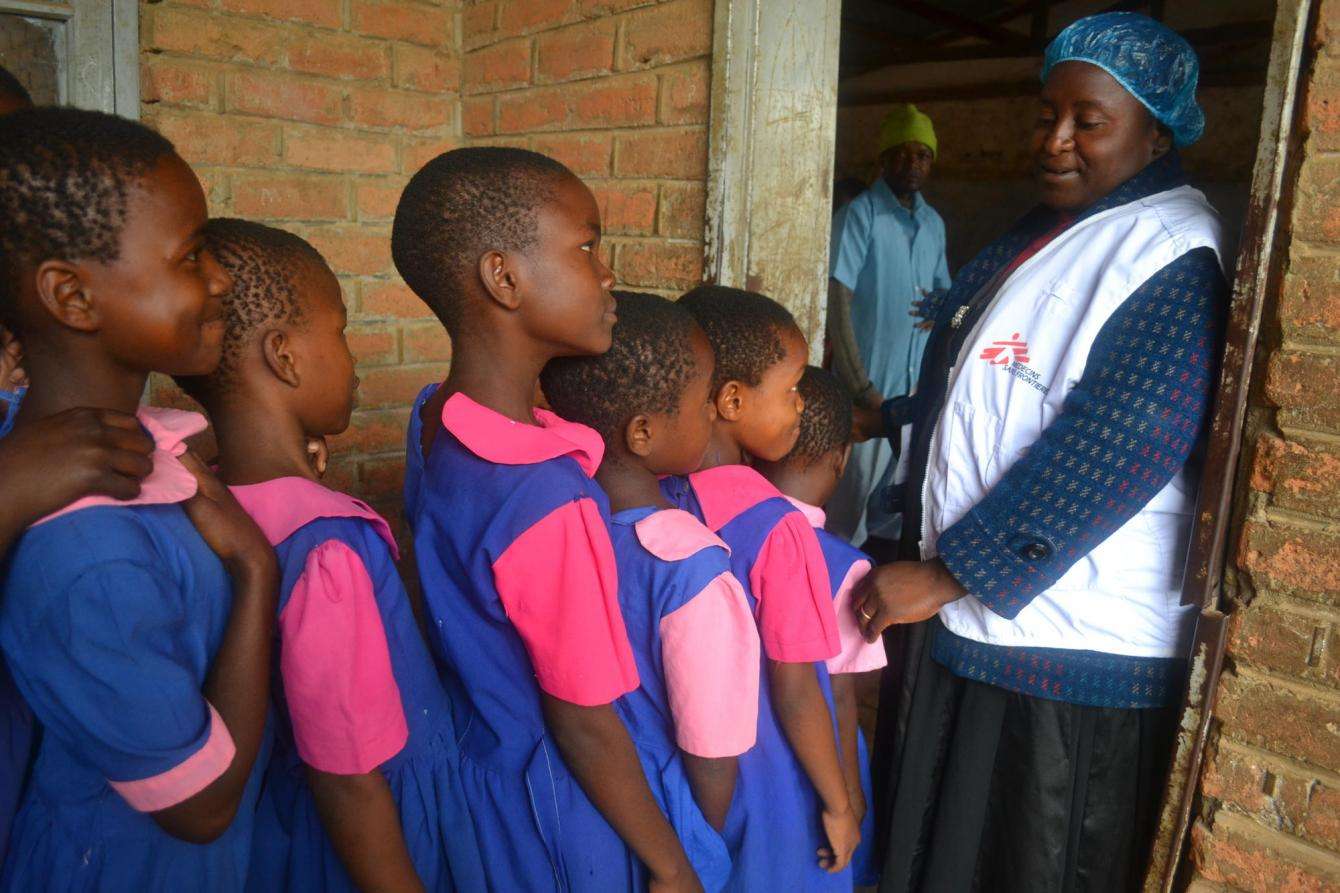
The most effective prevention method is vaccination against HPV, a common sexually transmitted infection that is the leading cause of cervical cancer. MSF has campaigned for many years to ensure that vaccinations are affordable and available to all. By supporting HPV vaccination campaigns for girls in countries like Malawi, where the number of new cases and deaths from cervical cancer are among the highest in the world, we can help save lives.
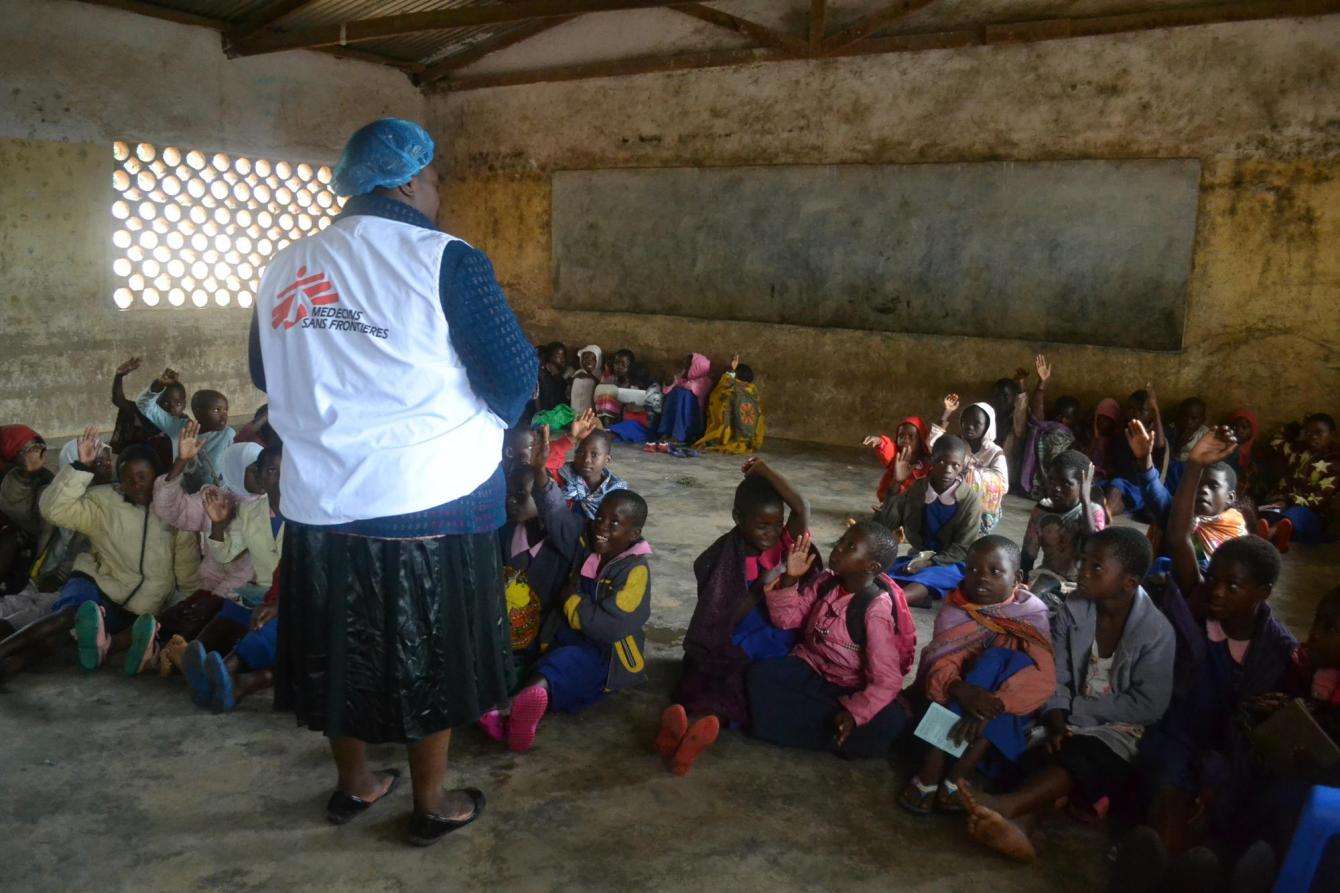
MSF interpreter Tifera explains the vaccination campaign to the girls at Lisawo primary school in Malawi's Chiradzulu district and answers their questions.
